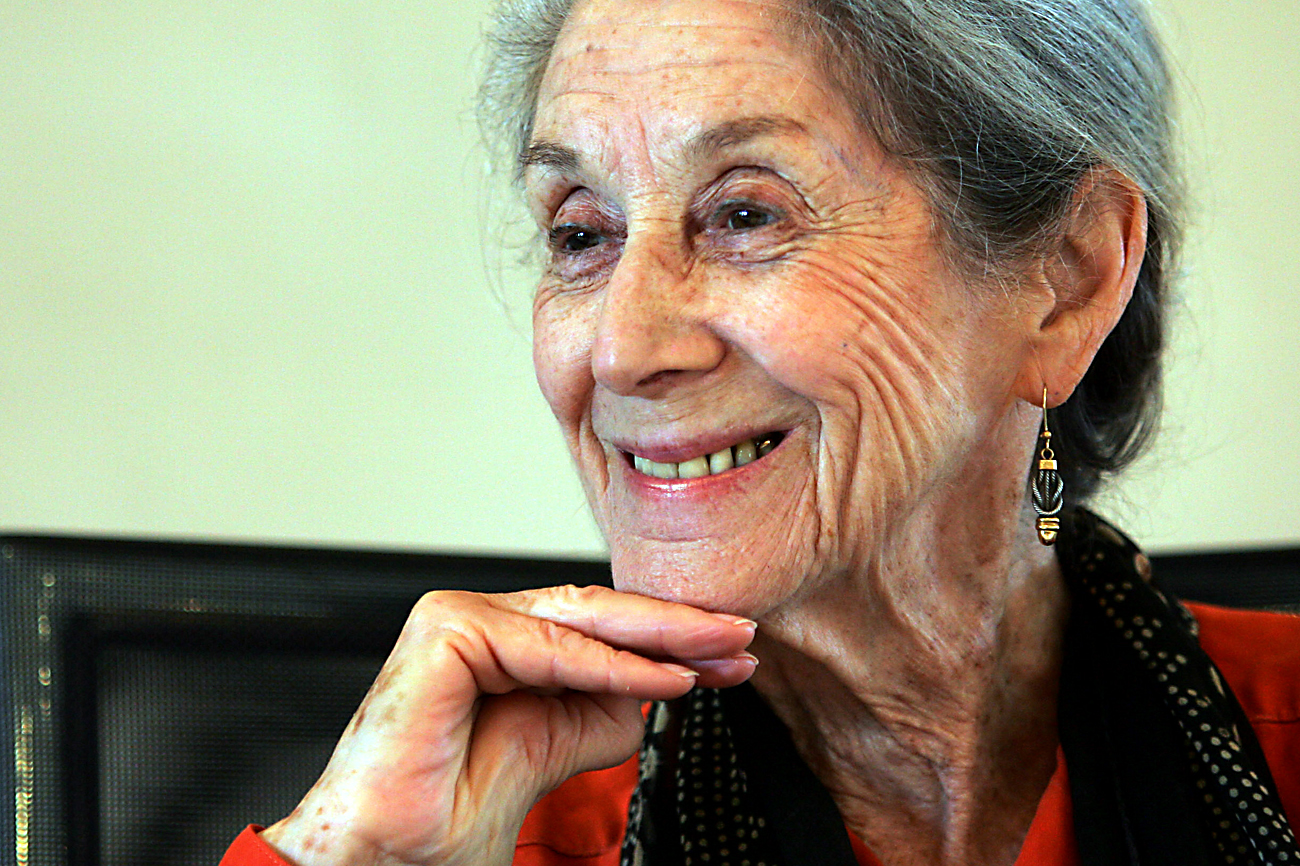In contemporary South African literature, robust and wide-ranging as it is, there are still two voices that speak with more influence – more impact and more authority – to the world beyond our borders than all others. That these two voices hardly speak within our borders anymore is irrelevant; as is the fact that one of these voices no longer lives here, and is loathe even to refer to himself as a South African in public forums. The important thing is that the rest of the world considers these voices to be essentially South African, that their most significant works have focused on South African issues, and that when they are invited to speak to a foreign audience their subject-matter is nine times out of ten of a South African nature.
JM Coetzee, lately of Adelaide, embodied the truth of this when he spoke recently to the American University of Paris on the theme of censors and censorship, a vast and universal topic with a localised and personal resonance for the author. Coetzee’s route into the discussion was to explain that he was as old as 50 before his books were made available to South African readers independent of a censorship committee (he is now 70), and that an academic researcher had in 2008 uncovered apartheid-era “files” relating to three of his books – In the Heart of the Country, Waiting for the Barbarians, and Life and Times of Michael K.
As the New York Times report on Coetzee’s talk noted, all of the books were deemed fit for consumption by the censors. Still, it was the manner in which they were vetted that Coetzee found fascinating. In the Heart of the Country, published in 1977, was passed because – although there was inter-racial sexual content – it “[would be] read and enjoyed only by intellectuals”; Waiting for the Barbarians (1980) got the nod because the sex was “not lust-provoking”; and Life and Times of Michael K (1983), while it contained “derogatory references to and comments on the attitudes of the state” got through because, well, it just did.
In hindsight, what Coetzee found most remarkable was that he knew many of his secret readers. “The intellectual community was not large,” he said of Cape Town circa 1980. “The fact remains that I was rubbing shoulders in daily life with people who in secret were making judgments about whether or not I was going to be allowed to be published and read in South Africa.”
Coetzee also told the Paris audience: “The censors reading my books regarded themselves as guardians of the Republic of Letters, too. In their eyes, they were on my side.”
This commitment to the Republic of Letters was a subtext in the lecture delivered last week by South Africa’s other literary giant, Nadine Gordimer, at the UK’s Hay festival. "There is no substitute for the book, and it would be a great deprivation and danger if the book should disappear and be replaced by something with a battery," Gordimer said, at a time when the iPad had just been released in the UK, and pundits were predicting the demise of paper and ink.
Her thesis was that in Africa, where the majority of the population don’t have Internet access, technology could not distribute literature to remote areas. The Guardian noted the following key passage from Gordimer’s address: "This is a very big question: whether technology will outstrip the printed word. But with a gadget you are always dependent on a battery and on power of some sort. A book won't fall apart; you can read it as easily on a mountaintop as in a bus queue. The printed word is irreplaceable, and much threatened."
Like Coetzee, Gordimer was taking her South African experience and making it universal. But there was a sense in which Gordimer’s words might have mattered less. Where Coetzee has continued to publish books to international critical acclaim (it’s still accepted, of course, that his earlier works are the true masterpieces), Gordimer has floundered. Her latest collection, Telling Times, was recently panned in the Observer for being too full of its author’s own self-regard.
Wrote Adam Mars-Jones: “Telling Times is a dispiriting book to read because it shows a freedom fighter becoming a prisoner of her own prestige. The live growth of a mind and a sensibility being choked by ‘the plastic flowers of rhetoric’ – a phrase Nadine Gordimer quotes from Octavio Paz (1980) in all admiring innocence.”
By Kevin Bloom
Read more: Coetzee on censorship in the New York Times, Gordimer on the book over technology in the Guardian, Review of Telling Times in the Observer





 Nadine Gordimer. (Archive Photo: Supplied)
Nadine Gordimer. (Archive Photo: Supplied)